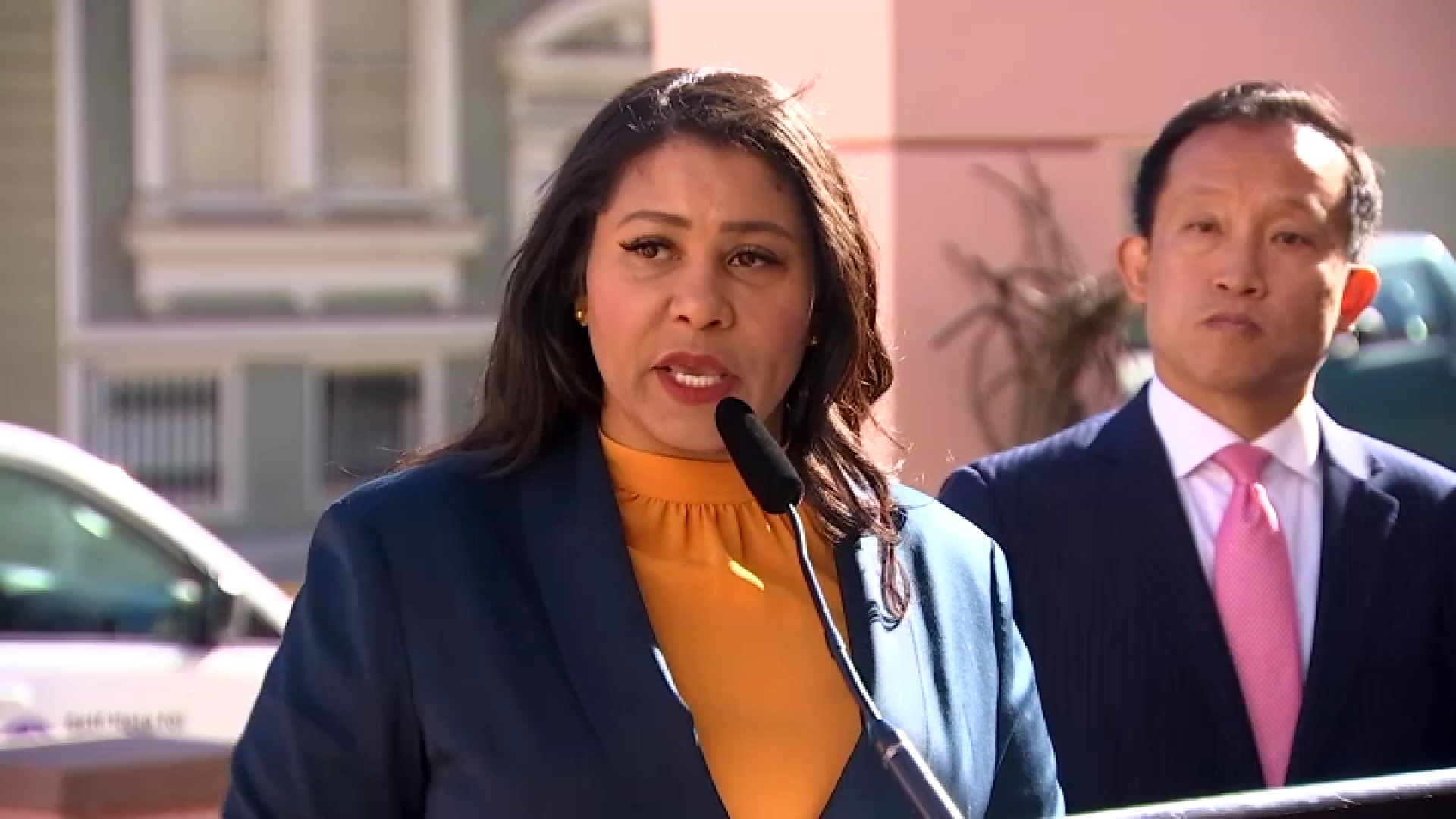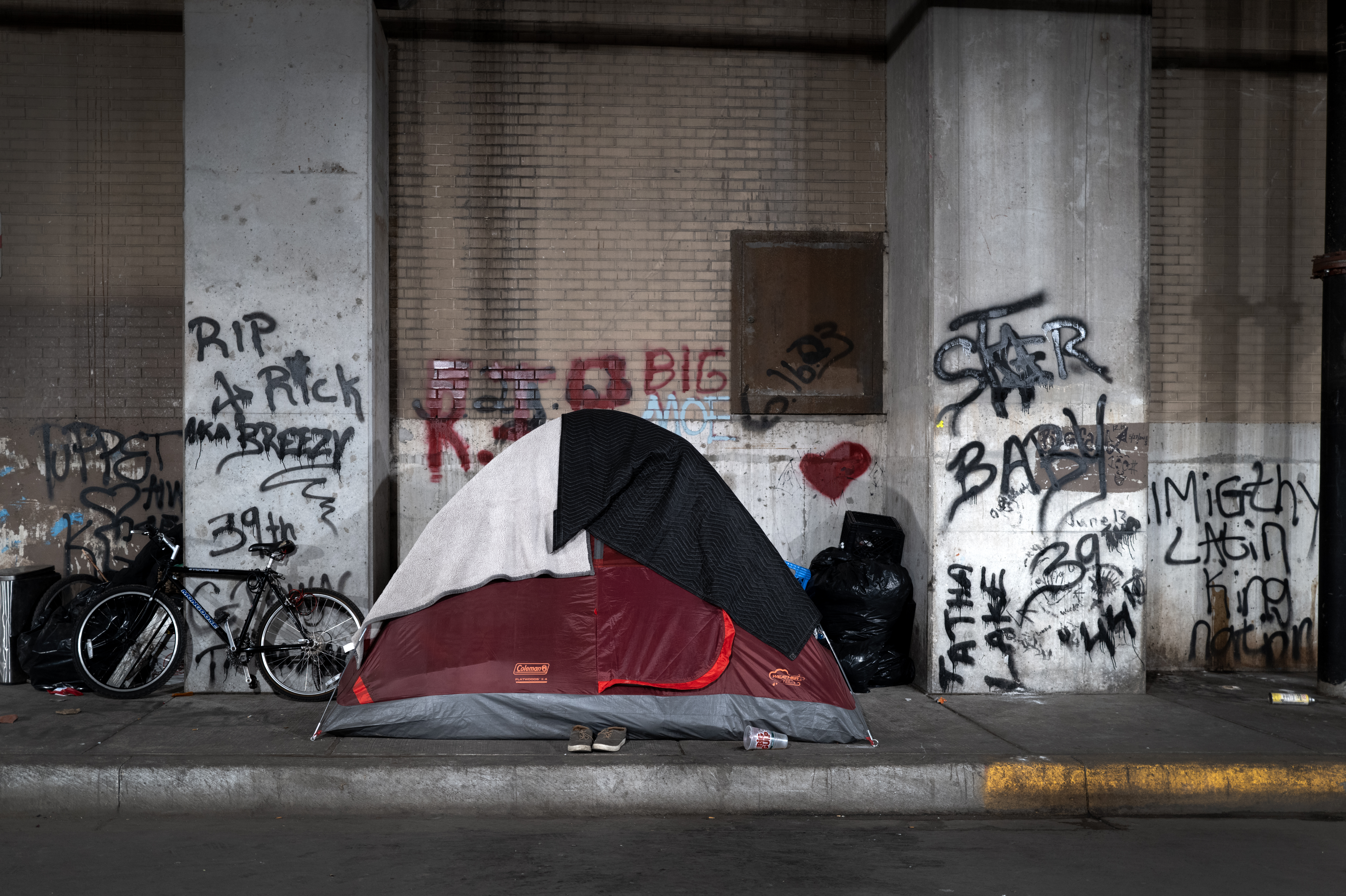Governor Gavin Newsom’s executive order to clear out encampments in California is gaining support and skepticism.
While many local leaders say they’ve already been doing the groundwork similar to the governor’s order, some groups are concerned it’s not realistic.
Many local agencies, organizations, and governments agree homeless encampments are a safety and health concern, especially for those living in them, but some wonder if the Governor’s director is effective.
“We’re done,” said Newsom in a social media post on his executive order. “It’s time to move with urgency at the local level to clean up these sites and focus on public health and public safety. There are no longer any excuses.”
Get top local stories in Southern California delivered to you every morning. Sign up for NBC LA's News Headlines newsletter.
The executive order directs state agencies and urges local governments to remove homeless encampments and provide support for people living in them. The state is recommending using the Caltrans encampment policy as a guideline, which gives up to 72 hours of advance notice to people living in encampments posing a threat to the health and safety of the community.
This directive comes one month after the Supreme Court’s decision that allows cities to enforce bans on camping in public spaces.
Some elected officials in Southern California, including Orange County Supervisor Katrina Foley, expressed support for the executive order.
“I applaud Governor Newsom’s executive order that builds upon our local anti-camping policy and directs state agencies and departments to clear encampments through aggressive caseworker outreach, public notice, and dignified storage of personal belongings for those who refuse shelter,” Foley said in a statement.
“We need to focus on having community input from our residents in this discussion and develop a protocol that answers the Governor’s call to urgently address homeless encampments while respecting the dignity and safety of people experiencing homelessness,” Long Beach Councilmember Kristina Duggan also said in support.
But an official from the LA Alliance for Human Rights, which has successfully sued the city and the county of Los Angeles on the homelessness crisis, said it may be too soon to celebrate before seeing the effects of the directive.
“It gives us some concern that unfortunately, people are just going to be swept off of these locations, which isn't really healthy or helpful for anybody, for the cities or for the people living in them,” said Elizabeth Mitchell, the lead counsel for the group.
The lawsuits brought on by the LA Alliance for Human Rights resulted in a five-year settlement agreement to increase shelters, critical services and resources for the unhoused people in the city and county.
While Mitchell supports the executive order, she questions how it will be implemented and enforced.
“I think there's a lot of details yet to be seen, but there's some cautious optimism there,”she said. “But without clear timelines and metrics, I think there's a real fear there's going to be a lack of accountability there.”
Local governments are not legally bound to this order, but they are being encouraged to follow the guidance and failure to do so could result in critical funds potentially being withheld.



